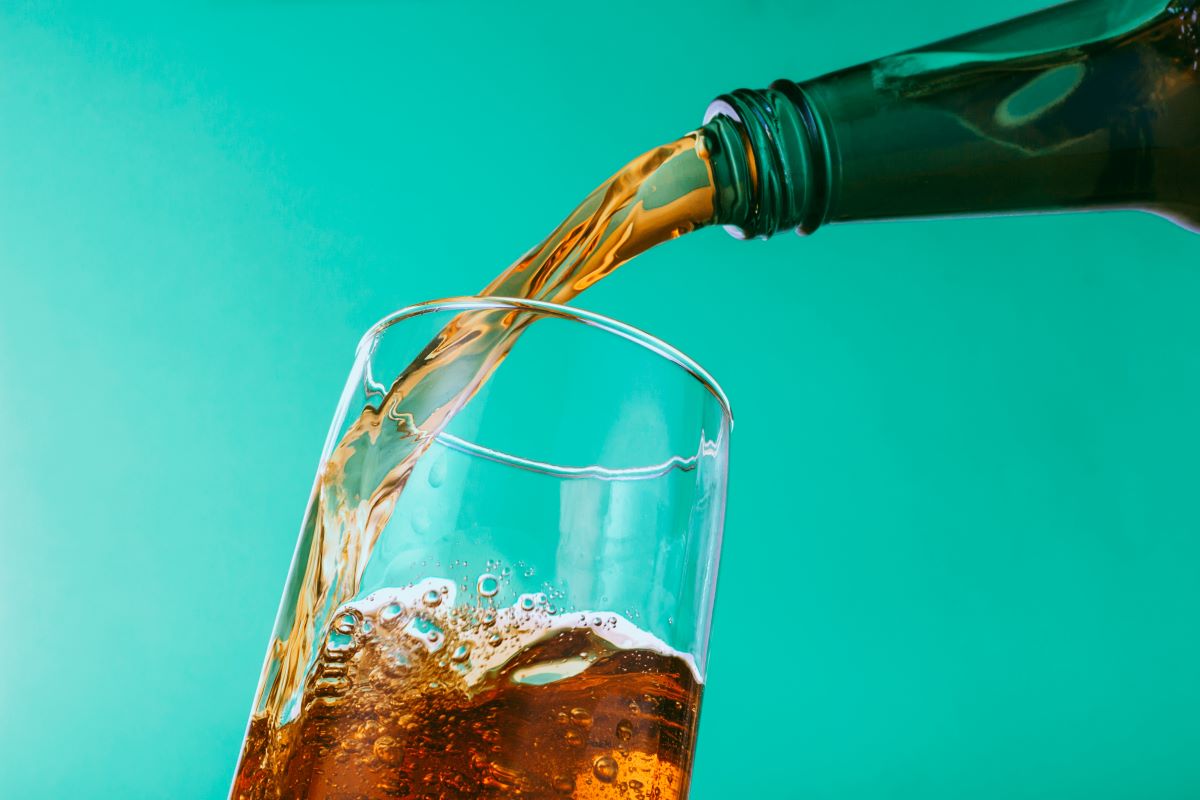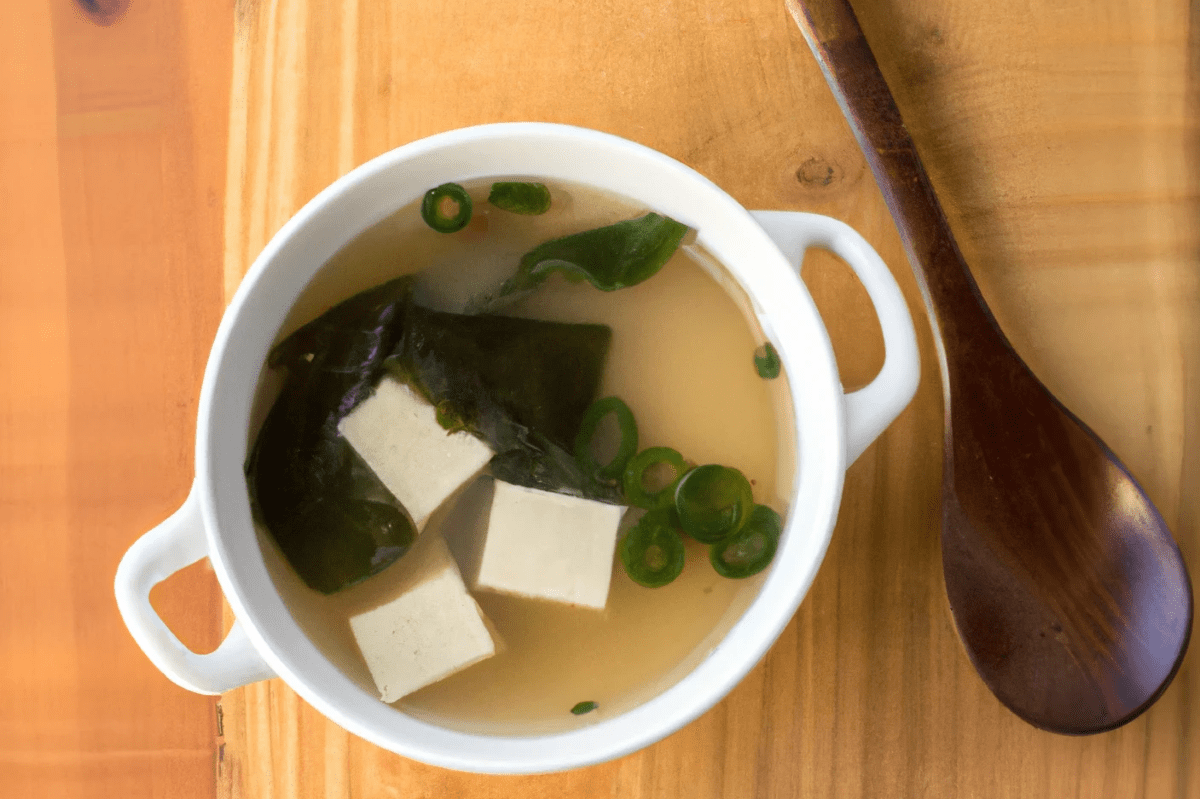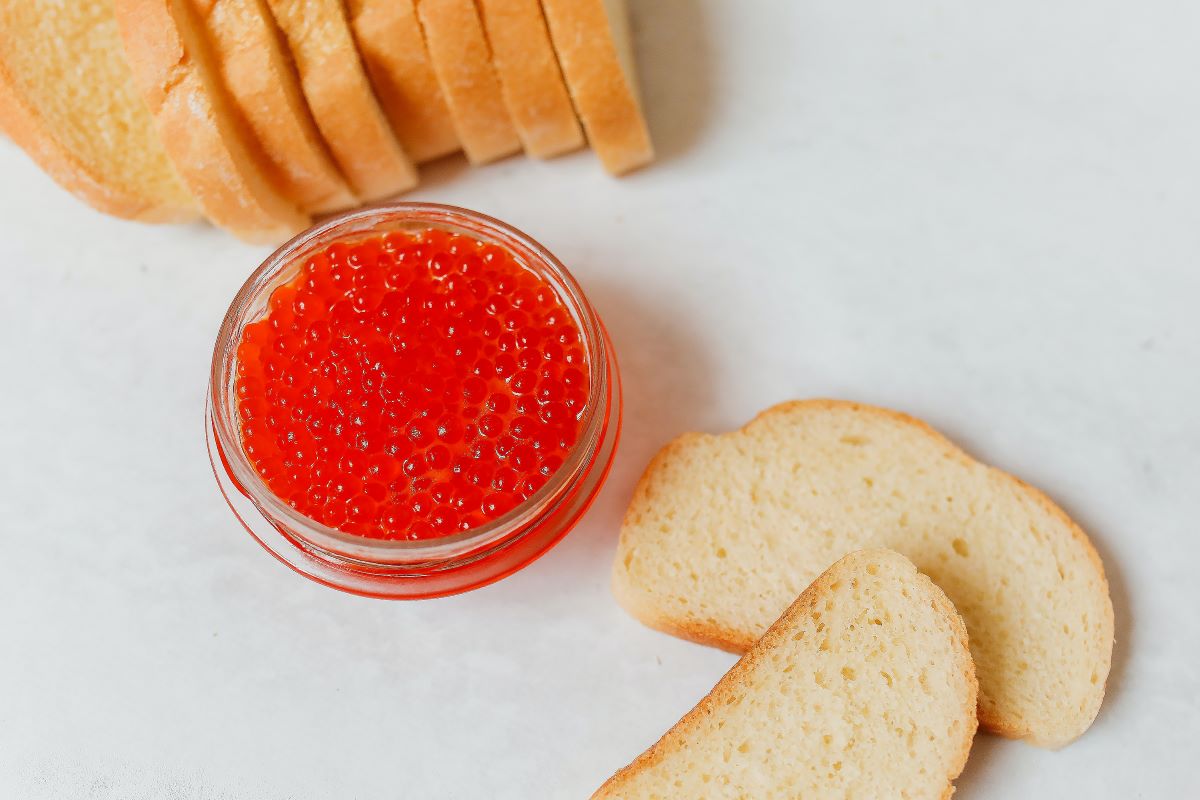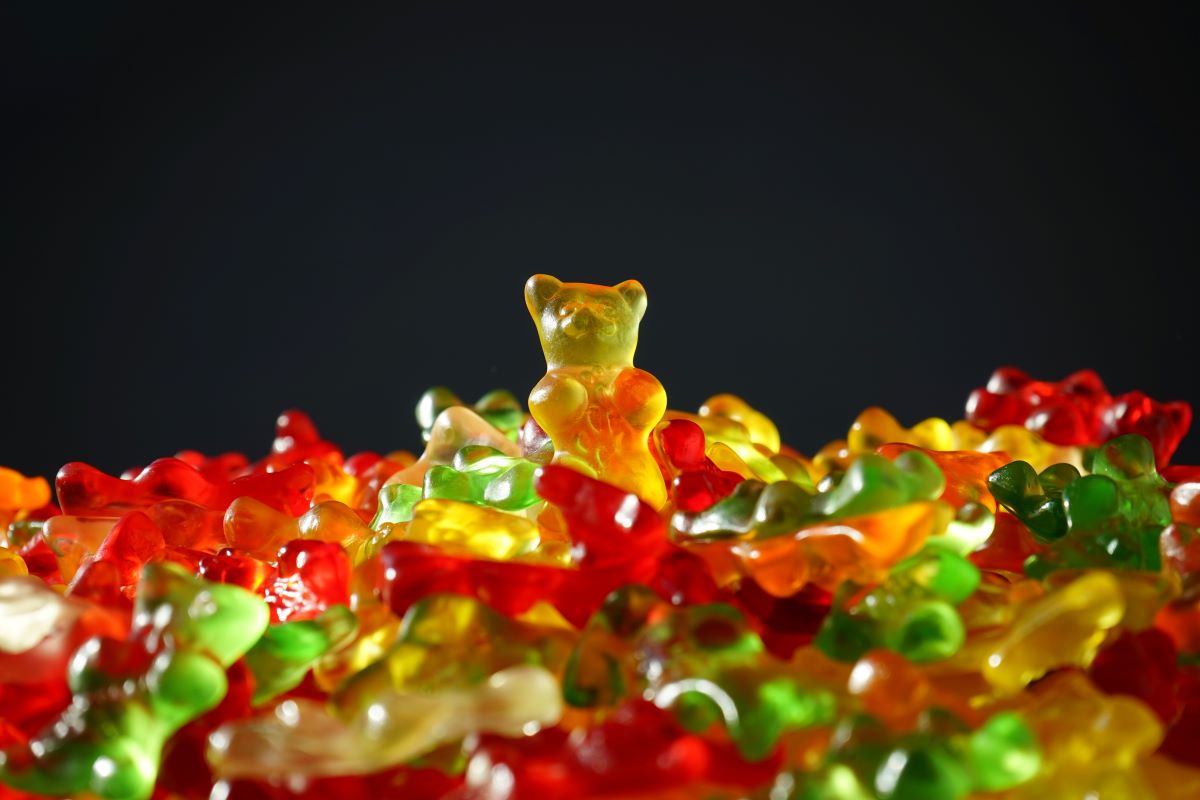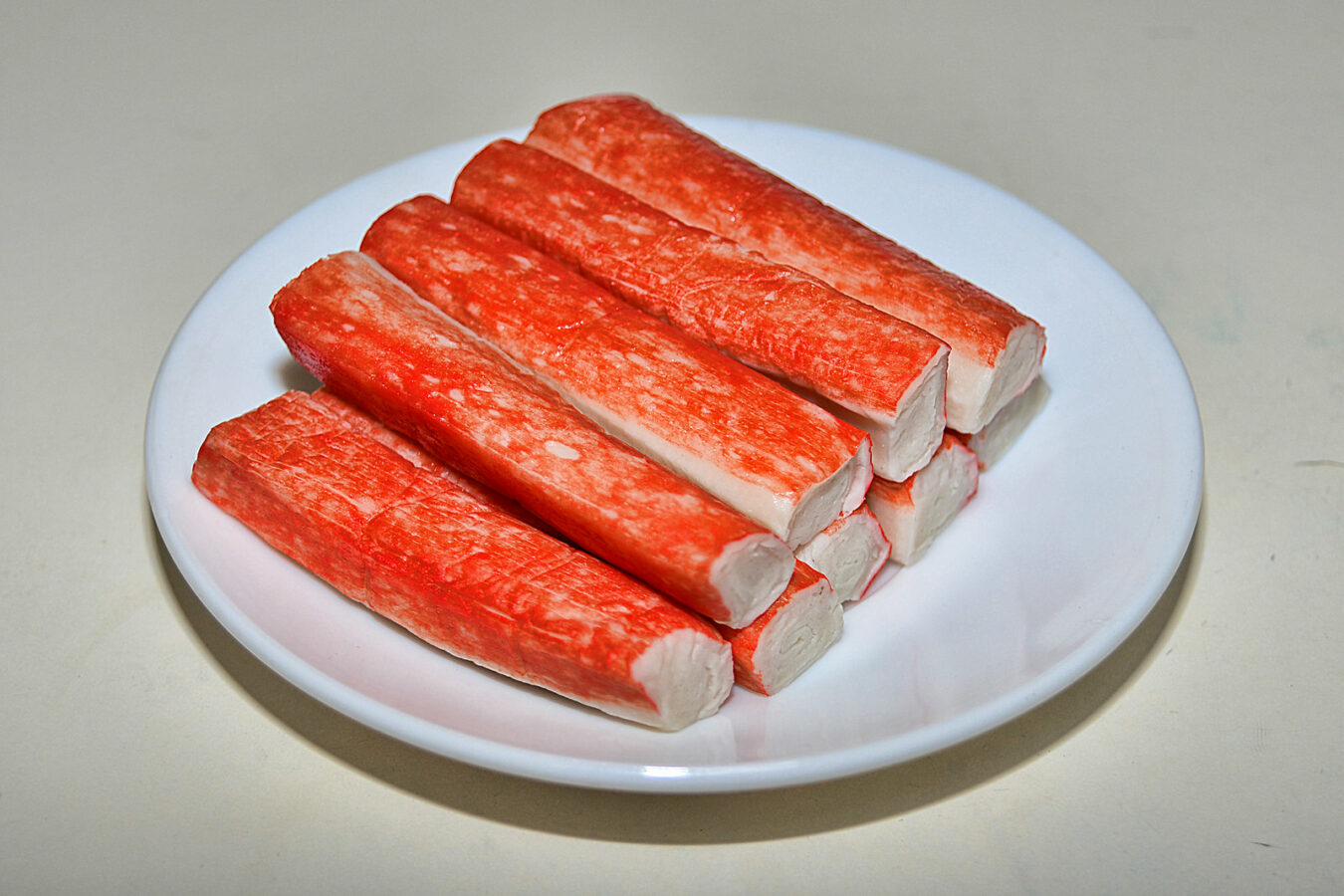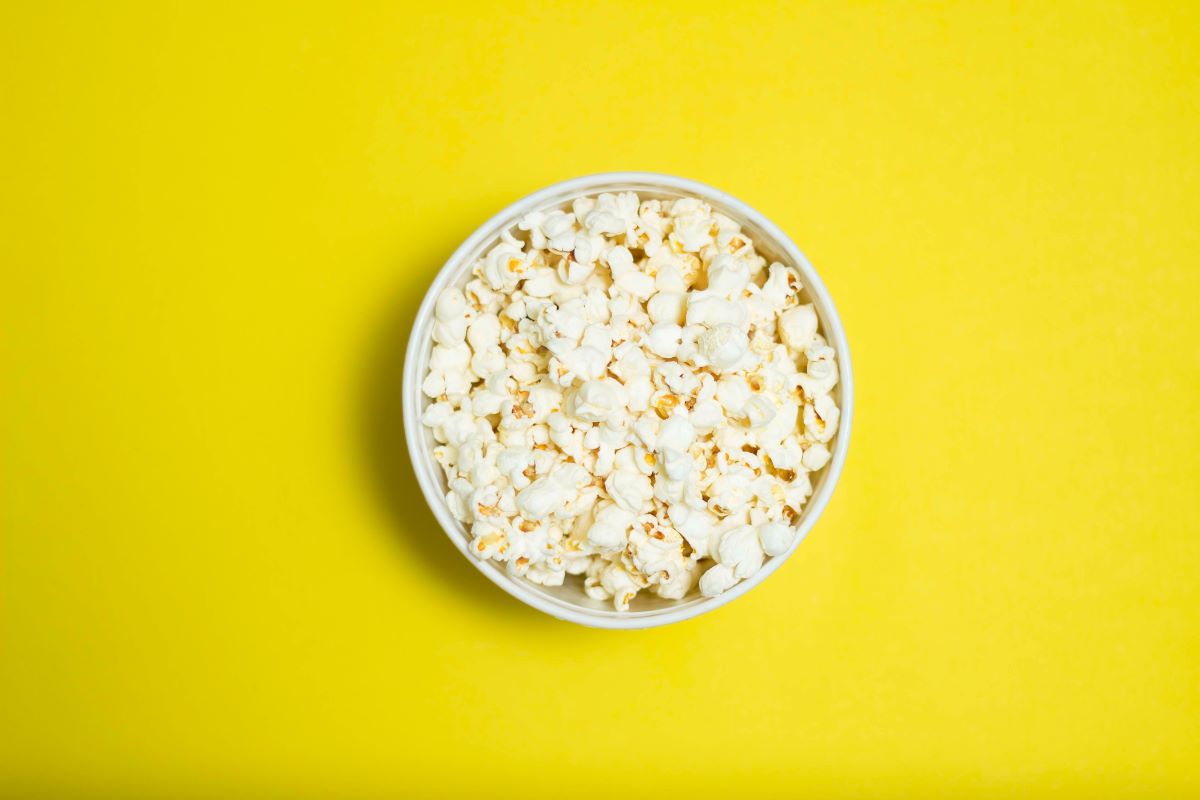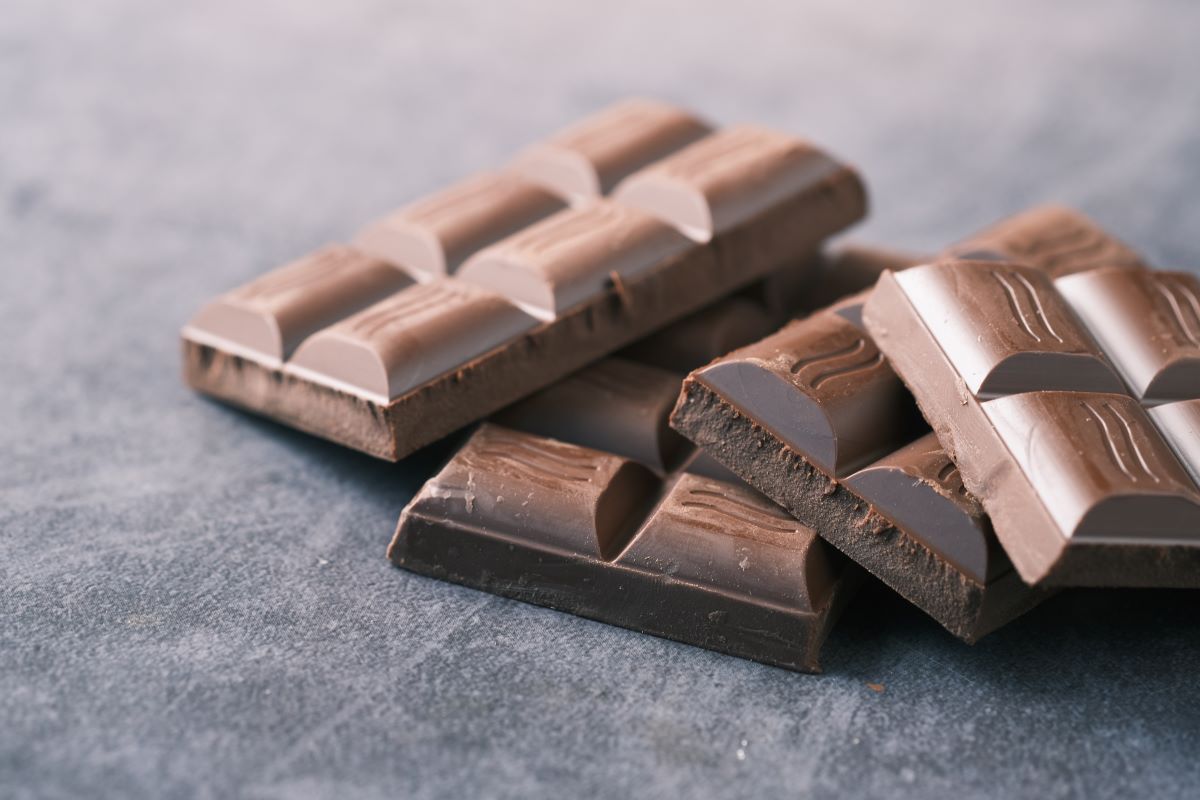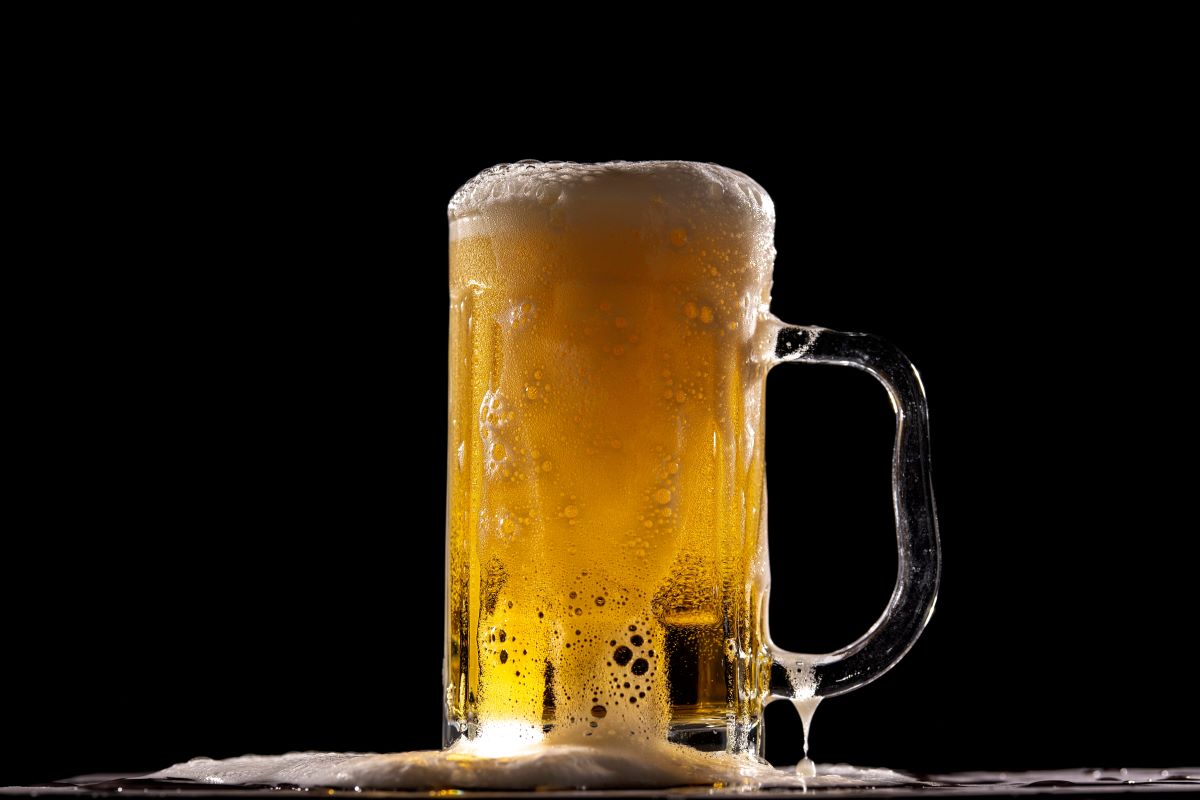Table of Contents
Is Soda Vegan?
For the most part, yes, many sodas are considered vegan. However, some brands may use ingredients such as colorings derived from animal products or bone char in their processing.
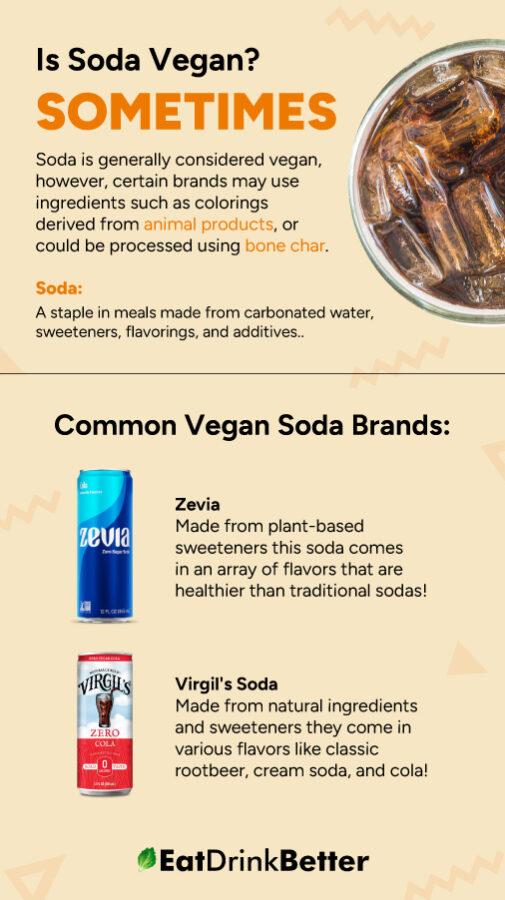
Non-Vegan Ingredients and Processes
Soda production can include non-vegan ingredients and processes. A common non-vegan ingredient in some sodas is a red dye called cochineal or carmine, derived from crushed cochineal insects. Another potential non-vegan aspect is the use of animal-based fining agents during the filtration process. Soda manufacturers may employ substances like gelatin, made from animal collagen, to clarify the beverage and remove impurities. These non-vegan elements can pose problems for those following a vegan lifestyle or for people who want to avoid animal-based substances.
Controversies or Gray Areas within the Vegan Community
The vegan community is home to various debates and controversies about soda. The inclusion of artificial flavors or sweeteners, while usually not animal-derived, raises questions. Their origins often remain unknown, and the possibility of animal testing during development adds complications. Another issue lies in the vagueness surrounding sugar processing methods. It’s not always clear if brands use bone char, known for originating from animal bones. This uncertainty stirs tensions among vegans, who aim to avoid products linked to animal exploitation.
Moreover, the environmental implications of soda production also stir concerns. The manufacturing process involves high water usage, packaging leads to plastic waste, and transportation leads to carbon emissions. These factors question soda’s sustainability and fall in line with vegan beliefs to reduce harm to the planet.
Ingredients To Look Out For
Apart from the usual animal-based products, there are some ingredients in your soda that you’d assume were vegan but, in reality, aren’t. Here’s a list of ingredients that aren’t considered vegan which could be present in your soda:
Artificial Flavoring:
Specific artificial flavors to be on the lookout for are blue raspberry, cherry, orange, and vanilla, as they are derived from animals, specifically the beaver’s castoreum. A common myth is that these artificial flavors are extracted directly from the beaver’s anus. This is not true as the castor sack is located very close to the anus–right between the pelvis and tail–and can contain traces of anal gland secretions and urine.
Cochineal:
Cochineal is a red dye extracted from bugs, specifically female cochineal insects. The dye is extracted after harvesting, drying, and crushing the insects.
Ester Gum:
Also known as glycerol, is a food additive commonly used as a stabilizer and emulsifier for various processed foods and drinks. While it is usually derived from wood rosin, which is obtained from pine trees, some companies use glycerol derived from animals.
Honey:
While not a staple ingredient, there are some specialty sodas that contain or use honey as an ingredient.
Vitamin D3:
Mostly common in sports and energy drinks, it’s still worth checking if your soda contains any vitamin D, as it’s derived from lanolin, the oil in sheep’s wool.
Yellow 5:
Also known under the scientific name tartrazine. While it doesn’t contain any animal-derived ingredients, it is known to be tested on animals, specifically mice.
Coke and Pepsi’s Vegan Status
We’re all familiar with the two biggest names in the soft drinks industry, Coca-Cola (or Coke), and PepsiCo (or Pepsi), but have you ever wondered if they are 100% vegan or not? This section of the article will cover which of their products are vegan-friendly.
Coca-Cola, Diet Coke, and More
Good news, Coke is vegan! We reached out to them via their website and asked if any of their sodas are vegan friendly or contain any animal-derived ingredients. They were kind enough to get back to us and state the following:
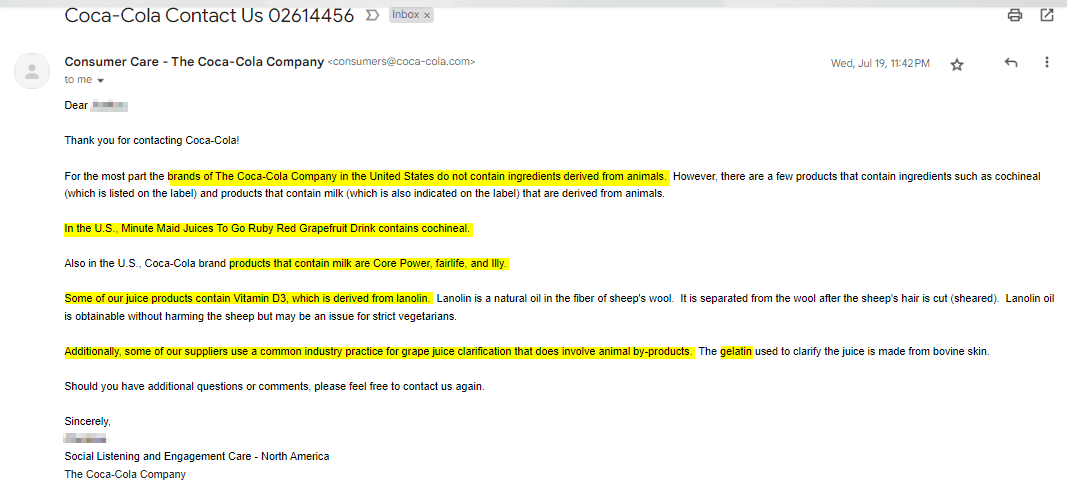
So it’s safe to say that Coca-Cola’s sodas are vegan friendly!
Pepsi, Diet Pepsi, and More
While Coca-Cola is more upfront with their ingredients list, Pepsi, on the other hand, chooses to be more secretive and offers very little information about their recipes. We reached out to Pepsi, and all they could confirm is that Pepsi and Pepsi Zero are vegan friendly.
Mountain Dew, another well-known product from Pepsi, is also not considered vegan. While it does not contain any animal-derived ingredients, it’s known to get its unique coloring from Yellow 5 or tartrazine, which is known to be tested on animals.
Vegan-Friendly Alternatives and Variations
People following a vegan lifestyle can enjoy various vegan-friendly soda alternatives, including sparkling or mineral water with natural fruit flavors, homemade fruit juices, smoothies, and plant-based sodas. These sodas often use natural ingredients and sweeteners like agave syrup or stevia. There’s also a rising trend of commercial vegan sodas on the market. These prioritize plant-based ingredients and consciously avoid animal-derived ingredients or sweeteners.
Store-Bought Alternatives
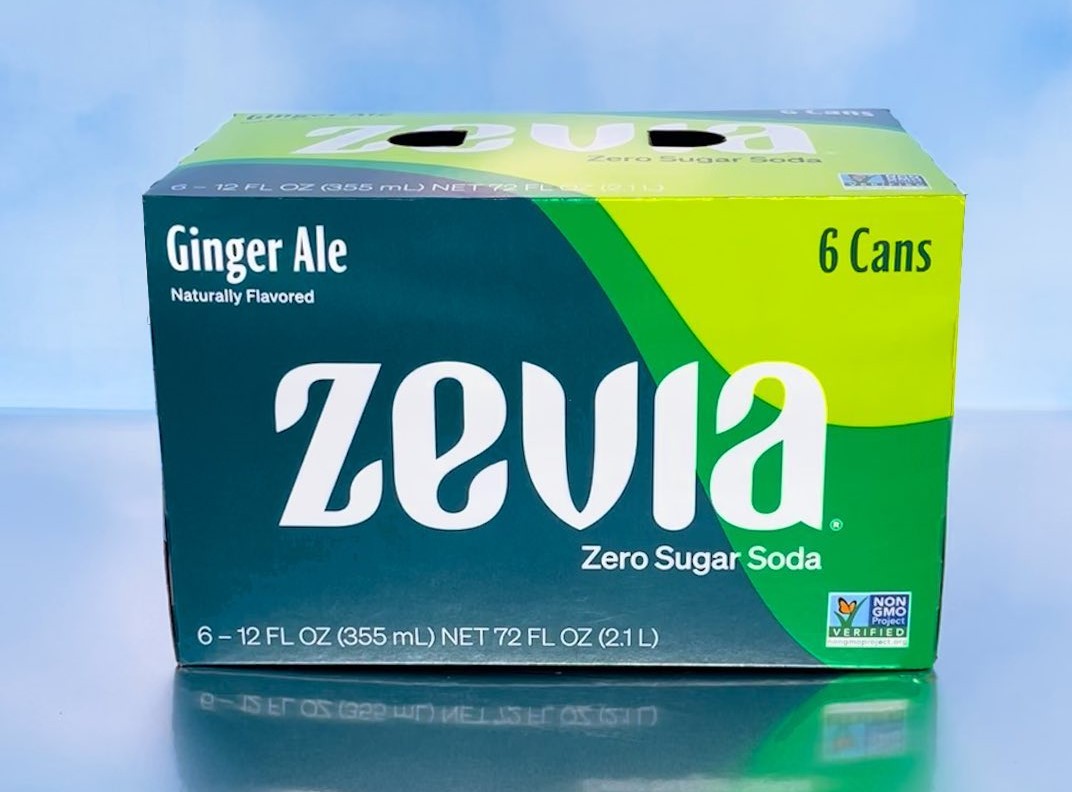
Zevia®
Zevia® offers a wide range of zero-calorie, naturally sweetened soft drinks. Their beverages are sweetened with plant-based sweeteners like stevia and come in various flavors, providing a healthier and vegan-friendly alternative to traditional sodas.
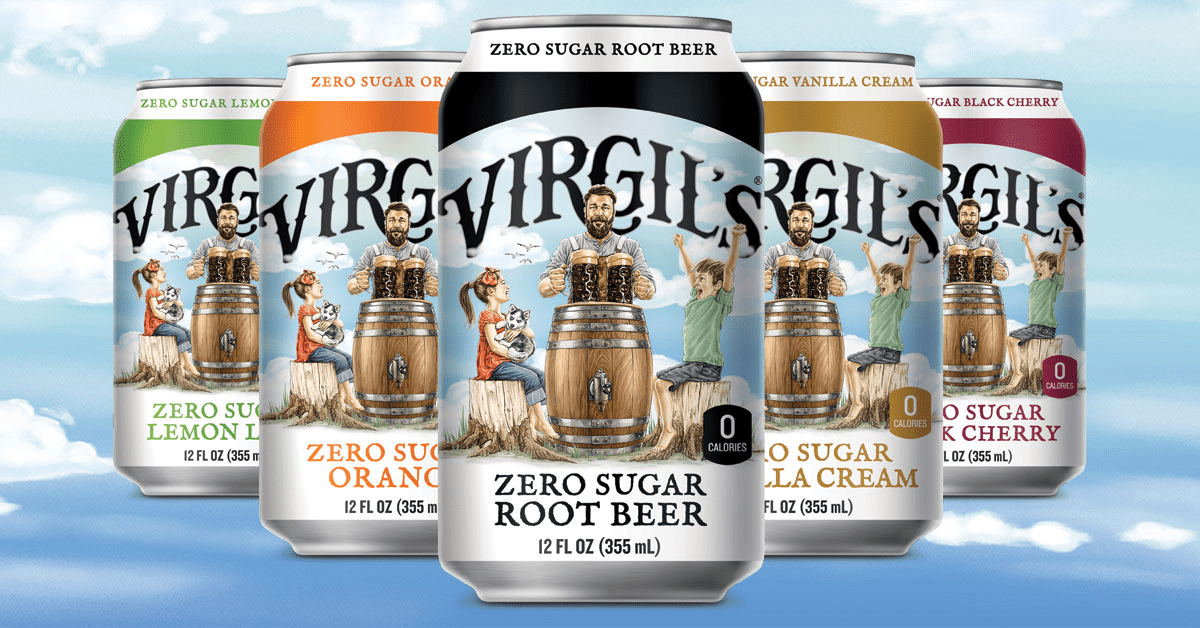
Virgil’s®
Virgil’s® creates a premium handcrafted soda line with natural ingredients and sweeteners. They provide various flavors, like classic root beer, cream soda, and cola, offering vegan-friendly options that bring a touch of nostalgia.
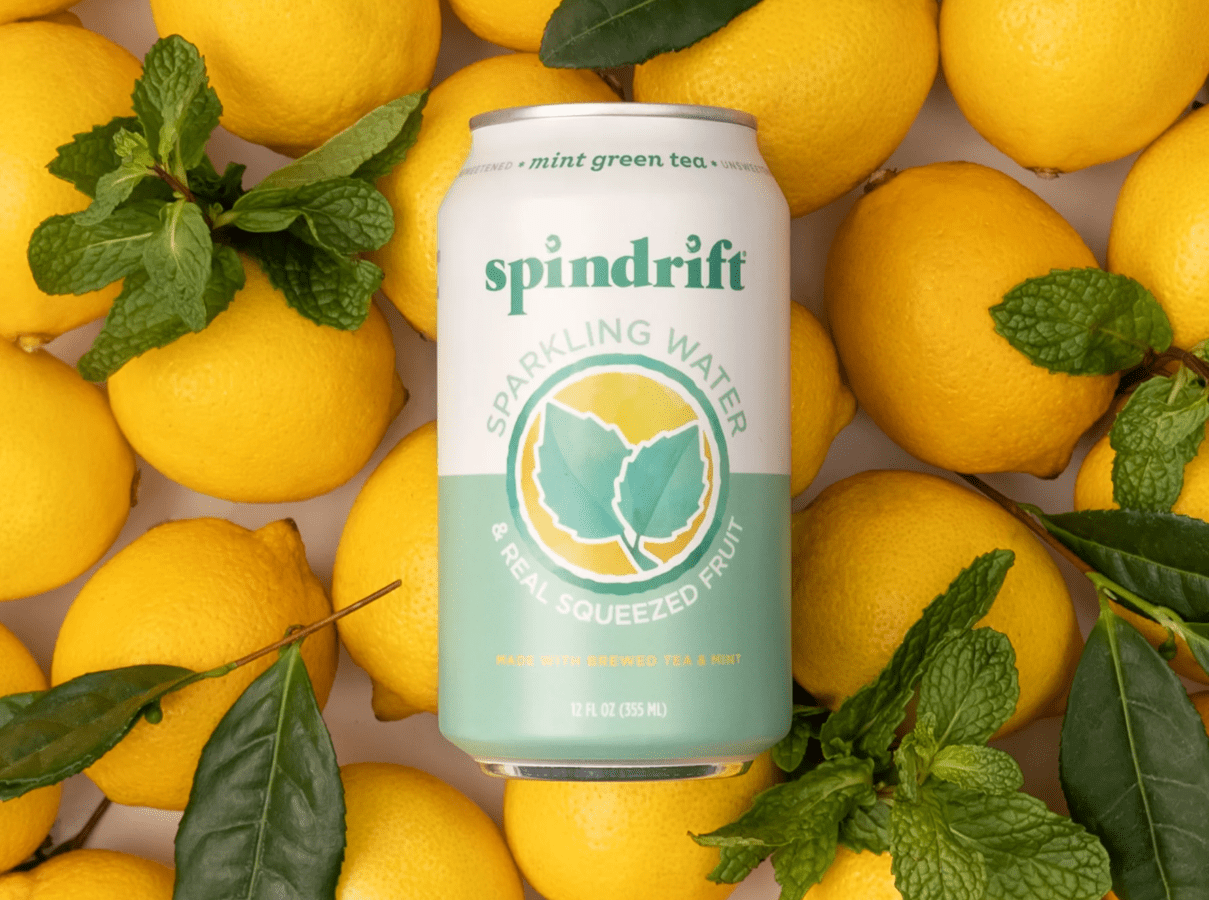
Spindrift®
Spindrift® makes real-fruit flavored sparkling water beverages. Their products, free of artificial flavors, sweeteners, and additives, make them a popular choice for those seeking vegan-friendly and all-natural options.
Tips for Identifying Vegan-Friendly Options
Keep these friendly tips in mind when shopping for vegan-friendly soda options. Firstly, ensure you read the ingredient list carefully. Keep an eye out for any animal-derived additives or sweeteners, such as gelatin or cochineal. Secondly, aim for products that clearly label themselves vegan or plant-based. Lastly, you should consider brands that prioritize natural ingredients, avoid artificial flavors or sweeteners, and have clear labeling policies. These brands are much more likely to align with vegan principles.
Homemade Versions
Ingredient Swaps
If you’re looking to swap out the ingredients found in traditional soda, you can consider several ingredient swaps. Exchange sugary sodas with infused or flavored sparkling water–a refreshing and hydrating choice. If you want a fizzy drink with natural flavors, consider kombucha or create your own fruit spritzers. You can make these by blending freshly squeezed juice with sparkling water. You’ll find these swaps offer healthier and more personalized alternatives to regular soda, all while satisfying your taste buds.
How To Use Vegan Alternatives in Recipes
Adding vegan soda alternatives to your recipes can give your dishes a unique flavor twist.

For a lighter and refreshing swap, use sparkling water or flavored sparkling water as replacements for traditional sodas. This works wonderfully in various drink recipes, like mocktails or spritzers.
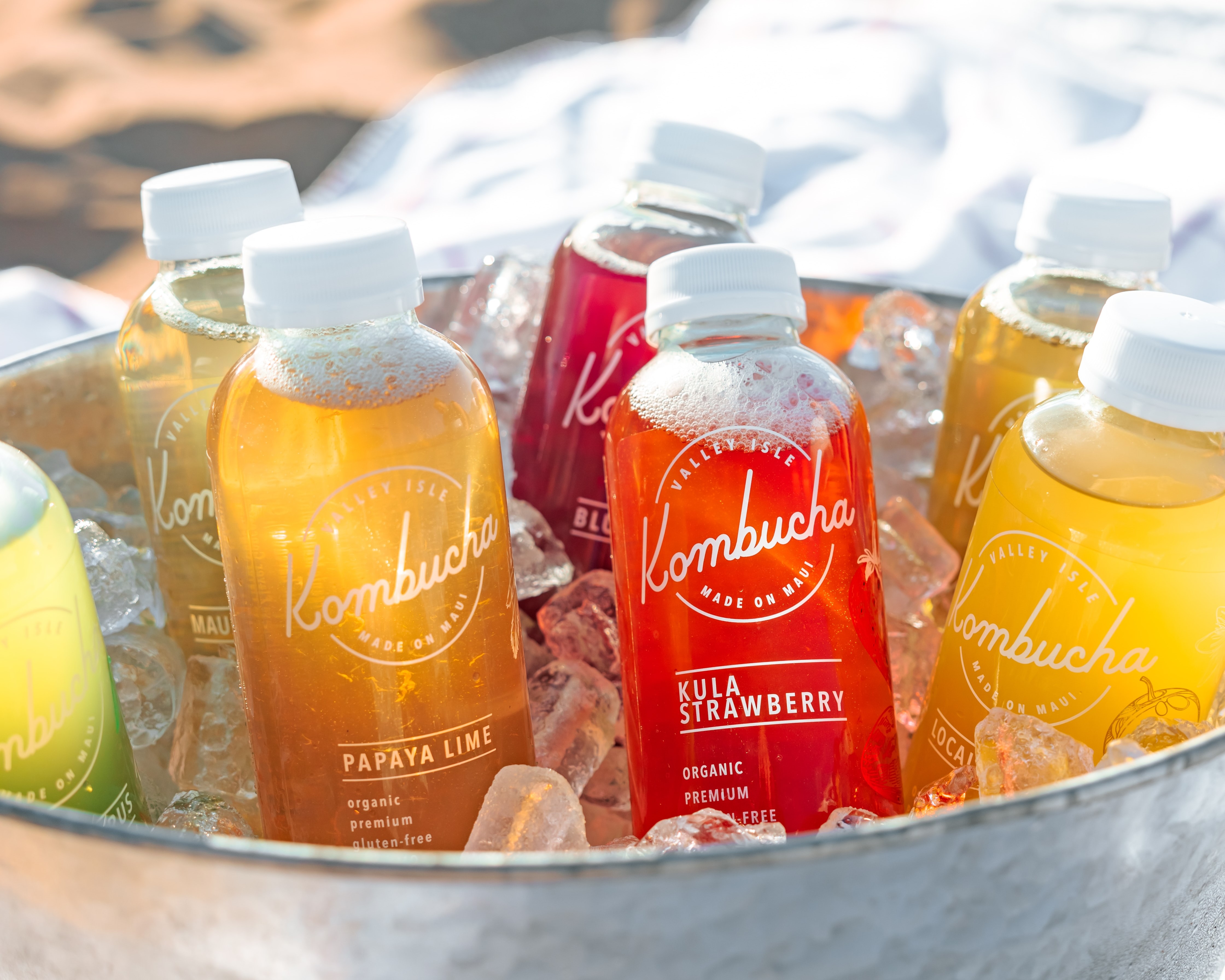
Additionally, using kombucha or coconut water can add interesting flavors and a healthy, vegan-friendly twist.
Try these vegan soda alternatives in marinades, dressings, or baking recipes. This creative touch could add a spark of effervescence and amplify your dishes’ flavors.
How Soda Is Made
Soda is usually made by combining carbonated water with various sweeteners, flavorings, and additives. The carbonation process usually involves dissolving carbon dioxide under pressure into water, creating the signature fizz we all know. Once this is done, the sweeteners and flavorings are added to create the desired taste profile. Additional additives may be included for color, acidity, or preservation.
Primary Ingredients
The main ingredients in soda include carbonated water, sweeteners, flavorings, and other additives. Carbonated water gives the drink its fizzy texture and acts as the beverage’s foundation. Sweeteners like sugar or high-fructose corn syrup add sweetness. Flavorings can vary from natural extracts to artificial flavors. Manufacturers use additives to improve taste, color, and preservation. These often include acids, stabilizers, and coloring agents.
Secondary Ingredients/Additives
Soda’s secondary ingredients or additives include various substances. Manufacturers add acidulants like citric or phosphoric acid to introduce tartness and balance flavors. They might use preservatives such as sodium benzoate or potassium sorbate to prolong shelf life. For visual appeal, some brands add coloring agents, including caramel color and artificial dyes. To maintain consistency and avoid separation, they use stabilizers and emulsifiers like gum arabic or glycerol ester of wood rosin. Some sodas may also contain caffeine, along with natural or artificial flavors.
Production Process
The production process of soda involves several steps to produce the well-known carbonated drink. Production starts with dissolving carbon dioxide gas under pressure into water to carbonate it. Simultaneously, manufacturers formulate a mix to achieve the desired flavor. They then combine it with a formulated mix of sweeteners, flavorings, and additives. Manufacturers will often use pasteurization to get rid of potential bacteria or contaminants, ensuring that it is safe for consumption. Finally, the soda is bottled or canned, labeled, and made ready for distribution.
Sourcing and Ethical Considerations
Environmental Impact
Soda production and consumption significantly impact the environment. Excessive water use during production can intensify water scarcity in stressed regions. Furthermore, extracting and producing ingredients like sugar and flavorings can cause deforestation and trigger the use of chemical fertilizers and pesticides. Packaging, often involving single-use plastic bottles and cans, adds to the plastic pollution problem. Lastly, carbon emissions from transportation and refrigeration contribute to climate change. In view of soda production’s environmental footprint, it’s essential to promote sustainable practices, cut packaging waste, and shift to eco-friendly alternatives.
Labor Practices
Labor practices in the soda industry can differ based on the company and region, with some upholding fair labor practices and maintaining safe working conditions. However, some concerns about labor rights violations in specific parts of the supply chain still remain. These include low wages, long work hours, lack of union representation, and inadequate safety measures in production facilities or farms supplying soda ingredients. Ethical consumerism can motivate companies to support fair labor practices and promote more transparency and accountability throughout the soda production process.
FAQ
Does soda dehydrate you?
Soda, especially those with caffeine or high sugar content, can mildly increase urine production, potentially leading to temporary fluid loss. The overall impact of soda on hydration depends on several factors, including the liquid content in the drink. However, water is generally a better option for effective hydration.
Is diet soda healthier than regular soda?
Whether diet soda is healthier than regular soda depends on individual health goals and preferences. Though diet soda generally has fewer calories and less sugar, it often contains artificial sweeteners that may have their own health implications. Considering your diet and individual health factors and practicing moderation is vital when choosing between diet and regular soda.
Can I make my own vegan-friendly soda?
While there is no specific recommended daily limit for soda consumption per se, health authorities generally advise limiting the intake of sugary beverages, including soda, due to their association with increased risk of various health issues, such as obesity, type 2 diabetes, and tooth decay. It is advisable to prioritize water and healthier beverage options while consuming soda in moderation, considering the potential negative health effects of excessive sugar and calorie intake.
